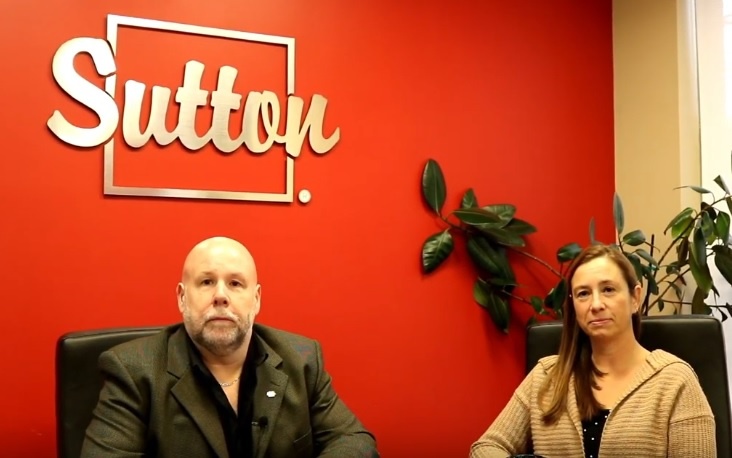Author Archive

Amy GradyMaritime Moving 902-468-6868 email: Amy@MaritimeMoving.comhttps://www.MaritimeMoving.com Roy Thomas SRES® (Senior’s Real Estate Specialist) is a REALTOR® with Sutton Group Professional Realty. Since 1991, Roy specializes in helping retirees with their later in life real estate transactions. Call Roy at 902-497-3031 or contact Roy here

Halifax Market Update Roy Thomas, SRES® Seniors Real Estate Specialist Sutton Group Professional Realty

Halifax Single Family Homes 581 LISTED Halifax Single Family Homes 683 SOLD Average Selling Price Just below $348,000 List to Sale Price Ratio 97.3% Average Days on Market 55 Days If you are ready to sell your home for maximum value the best place to start is by clicking here and scheduling an appointment. Looking to sell…

Thank you for watching! Roy Thomas SRES® (Senior’s Real Estate Specialist) is a REALTOR® with Sutton Group Professional Realty. Since 1991, Roy specializes in helping retirees with their later in life real estate transactions. Call Roy at 902-497-3031 or contact Roy here

Mark Kenny of Southport Asset Management Ltd Roy Thomas SRES® (Senior’s Real Estate Specialist) is a REALTOR® with Sutton Group Professional Realty. Since 1991, Roy specializes in helping retirees with their later in life real estate transactions. Call Roy at 902-497-3031 or contact Roy here

Roy Thomas SRES® (Senior’s Real Estate Specialist) is a REALTOR® with Sutton Group Professional Realty. Since 1991, Roy specializes in helping retirees with their later in life real estate transactions. Call Roy at 902-497-3031 or contact Roy here


